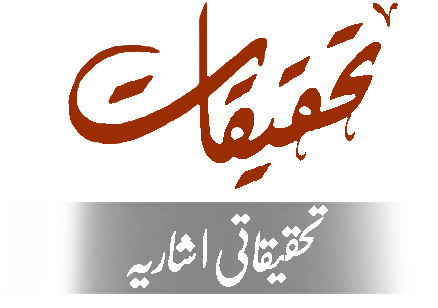مقالے کی معلومات
جلد
شمارہ
مقالے کی قسم
زبان
تاریخِ موصولہ
تاریخِ قبولیت
تلخیص
Stressors are a real concern for the literature relevant
to marketing in view of the implications they have for individual
consumers. This study explores the effect of psychosocial stressor
‘interpersonal influence’ on impulsive buying behavior with moderating
role of consumers’ emotional intelligence and mediating role of stress.
The study also looks into the Islamic perspective of consumption as
prescribed by Qur’¯an and Sunnah. The results are discussed while
comparing the practice by Muslim consumers in Pakistan with the
relevant tenets provided by Islamic Shar¯ı‘ah. Data were collected
through survey questionnaires from 202 consumers living in the Capital
city of Pakistan. PROCESS (Hayes, 2012) was used to check the
main effects and moderated mediation for the study variables. The
study results reveal that people who faced high interpersonal influence
depicted more impulsive buying due to the stress generated by the
psychosocial stressor, but consumers with high emotional intelligence
were less prone to stress which, in turn, led to low impulsive buying.
Findings of the study have great implications for psychologist, marketing researchers and practitioners who could help stressful consumers,
push them to develop alternative mechanisms to handle the problem or
engage them into coping mechanisms relevant to impulsive buying.
Mubashar Hassan Zia, Khurram Shahzad. (2017) Interpersonal Influence as Psycho Social Stressor, Stress, and Impulsive Buying: An Empirical Study in the Perspective of Islamic Guidelines on Consumption, Journal of Islamic Business and Management, Volume 7, Issue 2.
-
Views
699 -
Downloads
69


